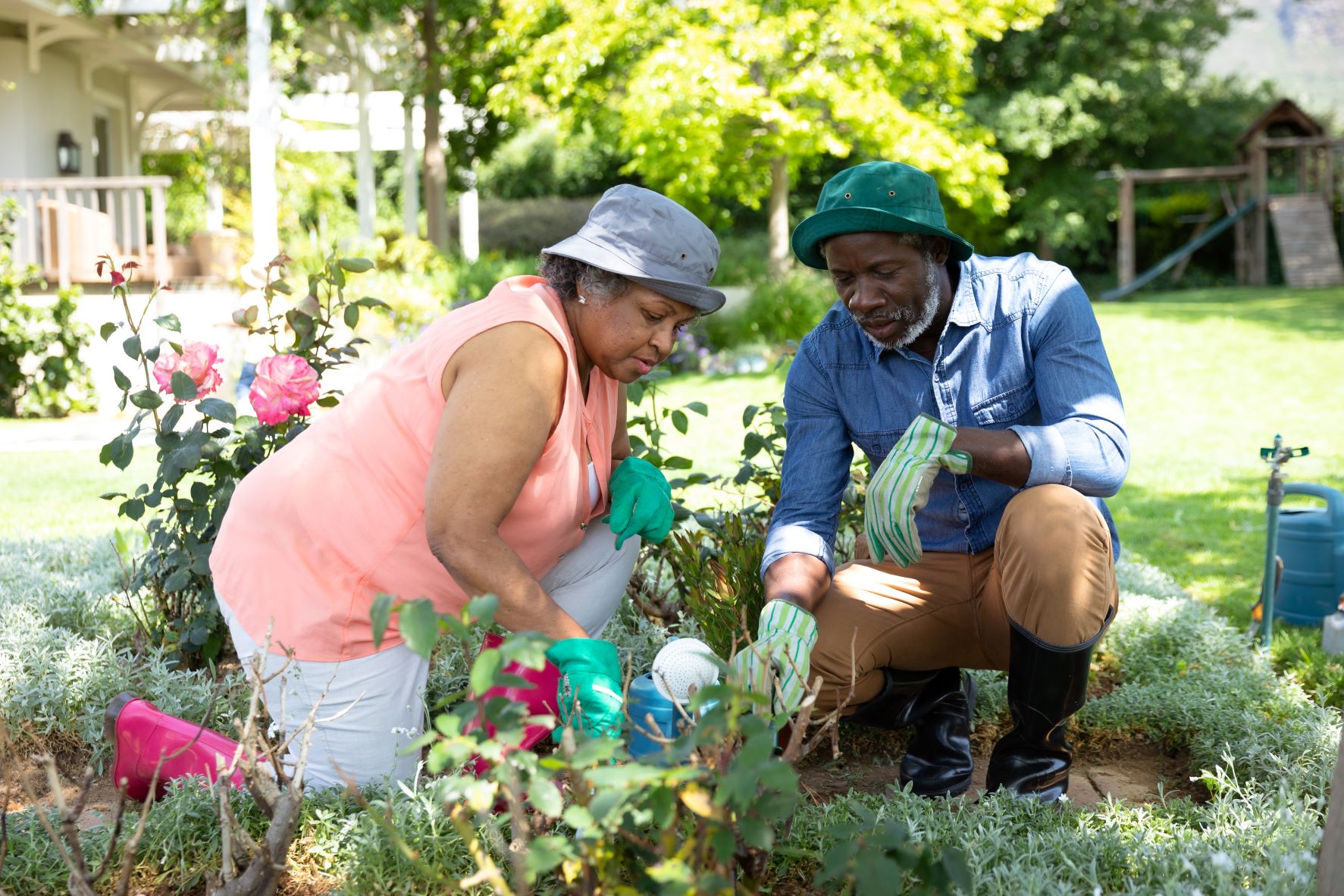08th September 2021
So many people have never been in a situation where they or a
loved have needed care, this could potentially be because they have never
needed it, Friends and Family have provided support or they don`t understand
the process, how it works, if they qualify or where to start from.
So today, we hope that we will be able to demystify or answer some
questions surrounding providing care in the community or receiving care in your
own home.
What is social care and what do we mean when we say care?
Care (also known as social care) comes in many forms,
including:
- Informal care carried out by a
spouse, relative or friend
- Care at home provided by a professional carer (care and support
workers), and
- Residential care provided in a care home.
Social care is personal care and practical support to help people
live well with a whole range of long-term conditions, illnesses, degenerative
conditions, physical disabilities, mental health conditions and learning
disabilities.
It can also provide support for carers (carers in most cases are
defined as unpaid carers)
It is believed that most of us will need to rely on some aspect of
the social care system in our lifetimes, or care about someone who does. Good
quality, and cost effective, social care is vital for many people. When done
right it can mean people are supported to live well, regardless of whether they
are in their own home, the home of a family member, or a residential care
home.
The type of care you`re looking for usually depends on the reason
why you`re looking for care. For example:
If you have a degenerative neurological condition you may want
specialist assistance in a residential setting, or
If you need physical help due to reduced mobility or frailty, care
could be provided in your home. This would be once your home has been adapted
to make it safe and easy to move around.
Moving into a care home permanently isn`t always the most
appropriate way to meet someone`s care or support needs.
There are services that can help you to carry on living in your
own home.
These include:
- domiciliary
care (also known as `care at home`and `home care`)
- meals
on wheels, and
- home
adaptations.
In our next article, we will be looking at how you can fund your
care and care assessments) - www.faithswalk.co.uk
Useful links or resources:
- Local
authority website/Social Services
- Care
Quality Commission website
- GP`s
- Pharmacies
- Hospitals
- Age
uk - https://www.ageuk.org.uk/information
- Unpaid
carers - https://www.carersuk.org/
#socialcare #socialcarerecruitment # #independentliving #homecareservices #careassistant #fundingoptions

